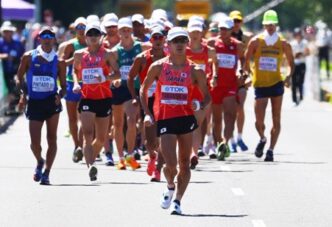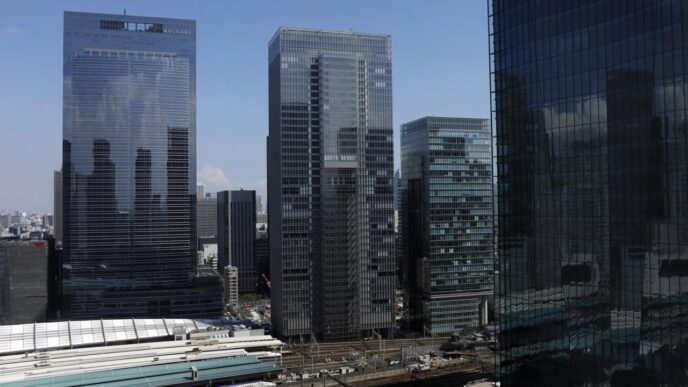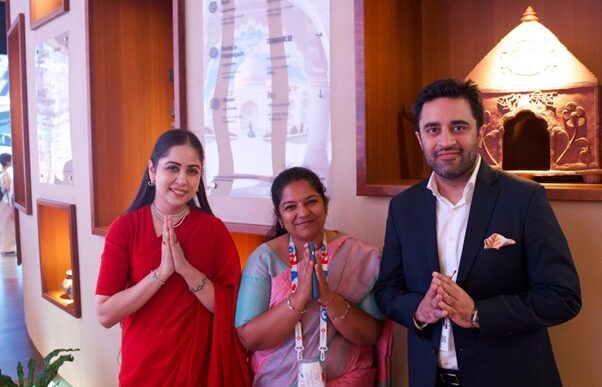Organisers of the World Athletics Championships have moved up the start times of several major road events in response to soaring temperatures and dangerous humidity levels in Tokyo. The change reflects growing concerns about athlete safety amid climate extremes that have persisted into mid-September.
What’s Changing
- The men’s and women’s 35 km race walks, originally scheduled to begin at 8:00 a.m. local time, will now start at 7:30 a.m. on September 13.
- The women’s marathon, set for September 14, will also be pushed half an hour earlier, as will the men’s marathon on September 17.
- All road events during the first three days of the championships will follow this earlier schedule.
Why the Adjustment
- Unusual Heat & Humidity
Even though the championships are being held in mid-September—traditionally a somewhat cooler period for Tokyo—temperatures this year have stayed at summer-level highs, averaging around 33 °C (91.4 °F). Humidity often pushes the “feels-like” temperature well above that. - Health and Safety Concerns
The decision was made after consultation between the Local Organising Committee (LOC) and the World Athletics Health & Science Department. The priority is protecting athletes from risks of heat exhaustion, heatstroke, dehydration and other heat-related health issues. - Past Precedents & Climatic Signals
Organisers recalled the extreme heat issues during the 2021 Tokyo Olympics, when road events were relocated to Sapporo to avoid heat in Tokyo. Also, Tokyo has recorded the hottest summer since modern records began in 1898, with average temperatures well above historical norms.
What Else Is Being Done
Beyond moving start times, several additional measures are being deployed to safeguard participants:
- Increased hydration stations along marathon routes, including more than 185 water stops.
- Cooling tents built with radiative‐cooling fabrics, placed in warm-up zones and other staging areas.
- Wearable monitors for volunteers and staff to detect dangerous body temperatures, combined with first-responder patrols at key points.
Broader Implications
This adjustment is more than just a scheduling tweak. It underscores how climate change is increasingly affecting the planning and execution of major sporting events. Event organisers face growing pressure to anticipate and adapt to extreme weather—not just occasionally, but as a normal part of their planning toolkit.
For athletes, these kinds of changes require flexibility—adjusting training schedules, pre-race routines, and mental preparation. Starting half an hour earlier may seem small, but when races are long, taxing, and fought under punishing conditions, those early mornings can make a difference in performance and safety.
What Athletes & Spectators Should Know
- If you’re competing in the race walks or marathons in the first three days, expect the events to begin 30 minutes earlier than previously published. Make sure you know the updated start times.
- Spectators should plan accordingly—transport, warm-ups, and hydration needs may be greater when events happen earlier, especially if temperatures are still climbing.
- Officials will be monitoring conditions on race days and may put in place further mitigations if heat or humidity becomes dangerous.
Looking Ahead
As sport grapples with a warming world, this decision may become a benchmark. We may see more championships, marathons, and endurance events adjust times, modify routes, or even change venues to reduce risks. For Tokyo, and for many athletes, the 2025 World Athletics Championships will mark not just an athletic test, but a lesson in adaptation—and resilience.
Source:https://www.japantimes.co.jp/sports/2025/09/11/more-sports/road-event-moved-forward-heat/

















